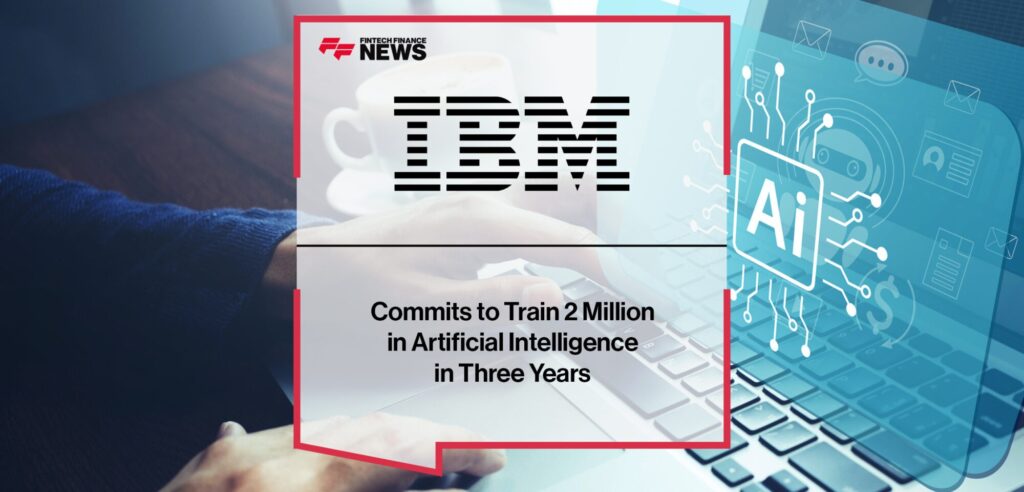IBM Commits To Train 2 Million in Artificial Intelligence in Three Years, With a Focus on Underrepresented Communities
IBM today declared an initiative to teach two million students in artificial intelligence by the end of the year 2026, having a concentration on neglected areas, to help reduce the worldwide artificial intelligence (AI) capabilities imbalance. To accomplish this objective on a worldwide basis, IBM is offering new generative AI courses via IBM SkillsBuild, extending AI education partnerships with institutions across the world, and working with collaborators to provide AI training to adults worldwide. This will build upon IBM’s current initiatives and platforms for career development to provide improved availability for technical positions and in-demand AI education.

The latest global research by the IBM Institute of Business Value found that CEOs believe that the implementation of artificial intelligence and automation will necessitate the reskilling of forty percent of their employees throughout the next three years, primarily those working in entry-level roles. This serves as another evidence that generative AI is generating a need for new positions and expertise.
“AI skills will be essential to tomorrow’s workforce,” said Justina Nixon-Saintil, IBM Vice President & Chief Impact Officer. “That’s why we are investing in AI training, with a commitment to reach two million learners in three years, and expanding IBM SkillsBuild to collaborate with universities and nonprofits on new generative AI education for learners all over the world.”
finance.yahoo.com
IBM is working with institutions all around the world to develop their AI capabilities by utilizing IBM’s network of professionals. University professors will have a chance to attend IBM-led training, which includes certifications after completion of immersive skilling experiences and lectures. Additionally, IBM will offer course materials, including self-guided artificial intelligence (AI) learning paths, for instructors to utilize in the classroom. IBM will provide students with adaptable and flexible resources, including free online courses in generative AI as well as Red Hat open-source tools, along with academic instruction from academics.
Learners worldwide may have access to AI education through IBM SkillsBuild, which IBM specialists established to deliver the most recent cutting-edge technological breakthroughs.
Also Read: Google Tweaks Ad Auctions to Hit Revenue Targets, Executive Says
IBM SkillsBuild already provides free training in chatbots, the basics of AI, and important subjects like AI ethics. Coursework and improved features are included in the latest generative AI plan.
Along with workshops, expert interactions with IBM coaches along mentors, learning through projects, availability of IBM software, specialized assistance from partners during the learning procedure, and connections to employment prospects, the improved partner edition of IBM SkillsBuild may also contain these features.

I am a student pursuing my bachelor’s in information technology. I have a interest in writing so, I am working a freelance content writer because I enjoy writing. I also write poetries. I believe in the quote by anne frank “paper has more patience than person





